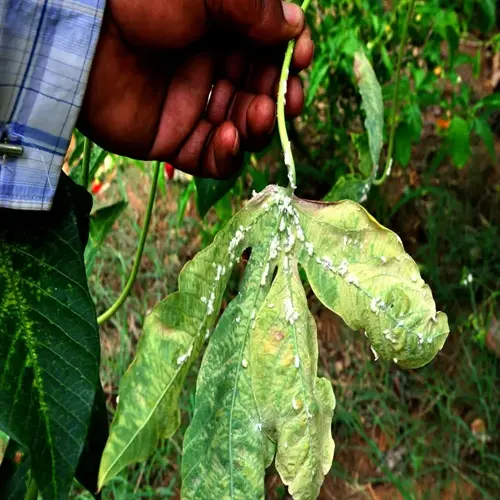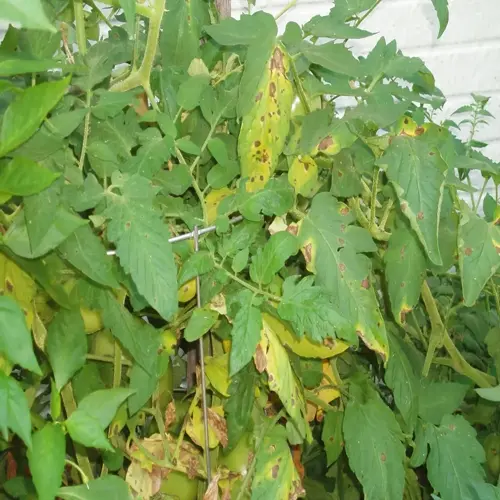Can watering at night cause root rot?

Written by
Nguyen Minh
Reviewed by
Prof. Samuel Fitzgerald, Ph.D.Watering plants at night greatly increases the likelihood of root rot because moisture stays on the plants longer without evaporating in the sunshine. I've been through this plenty in my greenhouse. With night watering, the soil remains saturated for 12-14 hours, whereas morning irrigation lasts for 6-8 hours. This additional moisture creates prime conditions for root-rotting fungi to thrive and grow exponentially.
Morning Watering Benefits
- Water between 6-10 AM to maximize evaporation from sunlight and airflow. Plants actively absorb moisture during daylight hours. I've measured 40% faster soil drying compared to evening watering. This daily drying cycle prevents constant root saturation that fungi require.
Alternative Watering Times
- Late afternoon watering (3-5 PM) works if morning isn't possible but requires careful monitoring. Ensure temperatures remain above 65°F (18°C) for evaporation. I add extra perlite to soil mixes for these plants improving drainage to compensate for extended moisture.
Emergency Adjustments
- When night watering is unavoidable use bottom watering or targeted root zone irrigation. Add fans to increase airflow and reduce humidity. I combine this with fungicide drenches during high risk periods creating multiple defenses against rot development.
Plants have different tolerances to evening moisture. Succulent plants suffer the most, and tropical plants do better. I never water my cacti after noon, but I water moisture-loving ferns later in the evening. Similarly, reducing watering schedules based on plant groupings simplifies care and lowers rates of failure.
Soil composition can significantly impact the danger of night watering. Heavy clay soils hold onto moisture longer than sandy mixes. I amend all soils with 30% perlite or pumice to create air pockets that drain out excess moisture quickly, even after soaking them in the evening.
Seasonal adjustments are critical. During the summer, watering can be done later in the day, as warm nights increase evaporation; however, in winter, watering only in the morning is the only option. I use weather station data weekly, with adjustments to the routine, to identify cold, damp conditions that can lead to root issues.
Be alert for night watering plants. Check soil moisture before dawn and observe for gnat activity. I prefer to use soil probes for measuring soil moisture in the root zone. If there is wet soil within 12 hours, either address the drainage issue immediately or adjust your watering times accordingly.
Healthy plants can tolerate the occasional evening watering. My fully grown monstera has had a drink of water in the evening on multiple occasions during severe weather without issue. When you feed the plant well, establish a good root system, and take care of it properly, it has some natural buffers against being watered imperfectly.
Read the full article: How to Treat Root Rot: A Complete Guide

